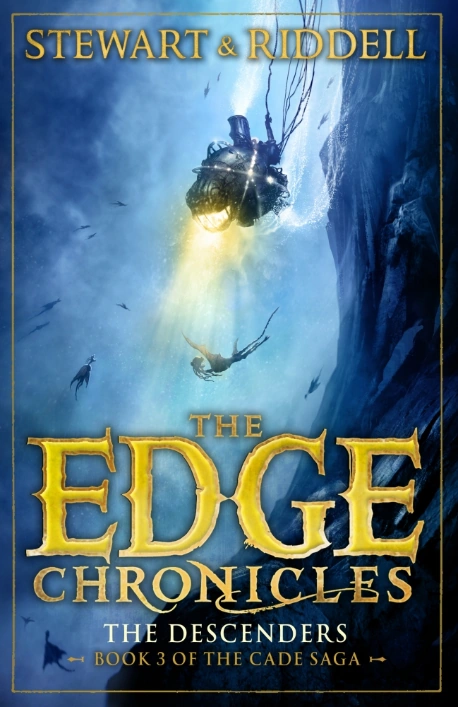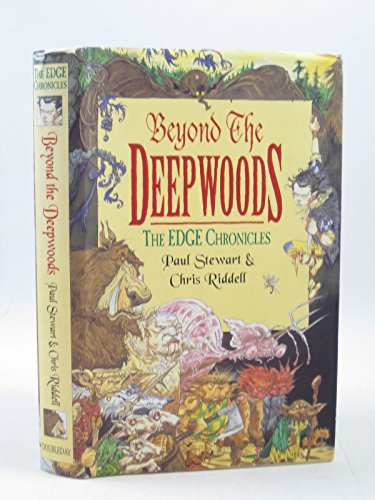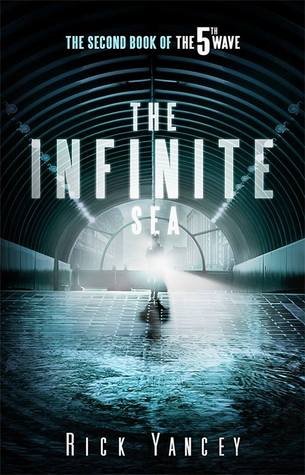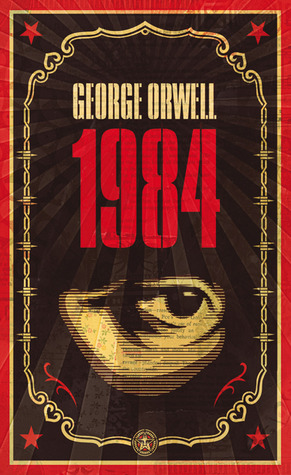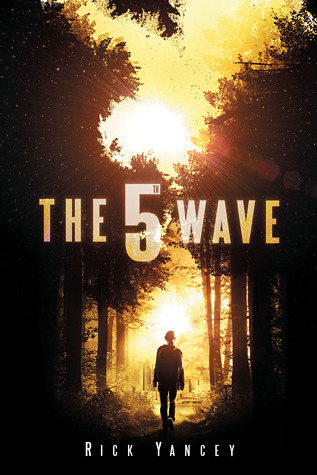Rex and Leif are forced to question everything they know about their unassuming hometown and its cherished school for delinquents (Goodreads).
It takes some time for the first-time novelists to gain their footing, but when they do, the result is spectacular. The first few chapters are slightly convoluted and too full of establishing shots of characters, places, and backstories, but as soon as the real plot gets underway, Bleak Creek suddenly becomes home to a brilliantly crafted, eerily executed adventure, complete with all the humour one would expect from a book by these two. Being a fan of their other endeavours certainly enhances the reading experience, but without previous knowledge it is still an enjoyable story. The action builds well, and although the general plot is a little contrived, the two authors manage to keep it original and engaging. The characters certainly find their foothold in terms of development and the main antagonist gains in depth as well, with a plan that is akin to Doctor Who combined with Stephen King. The novel ends with an action-packed climax and an epilogue that thankfully does not rule out a sequel. 8.4/10








